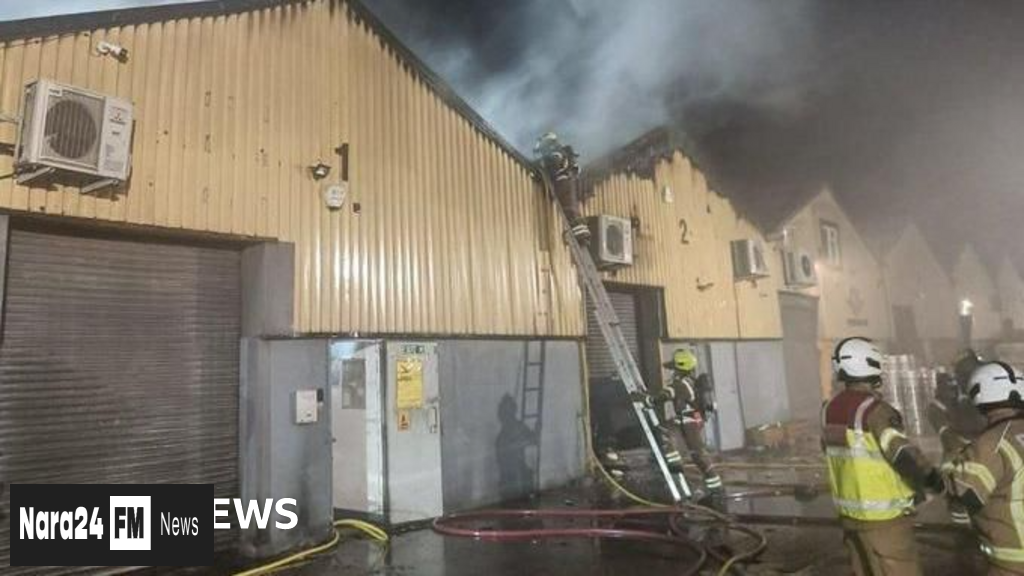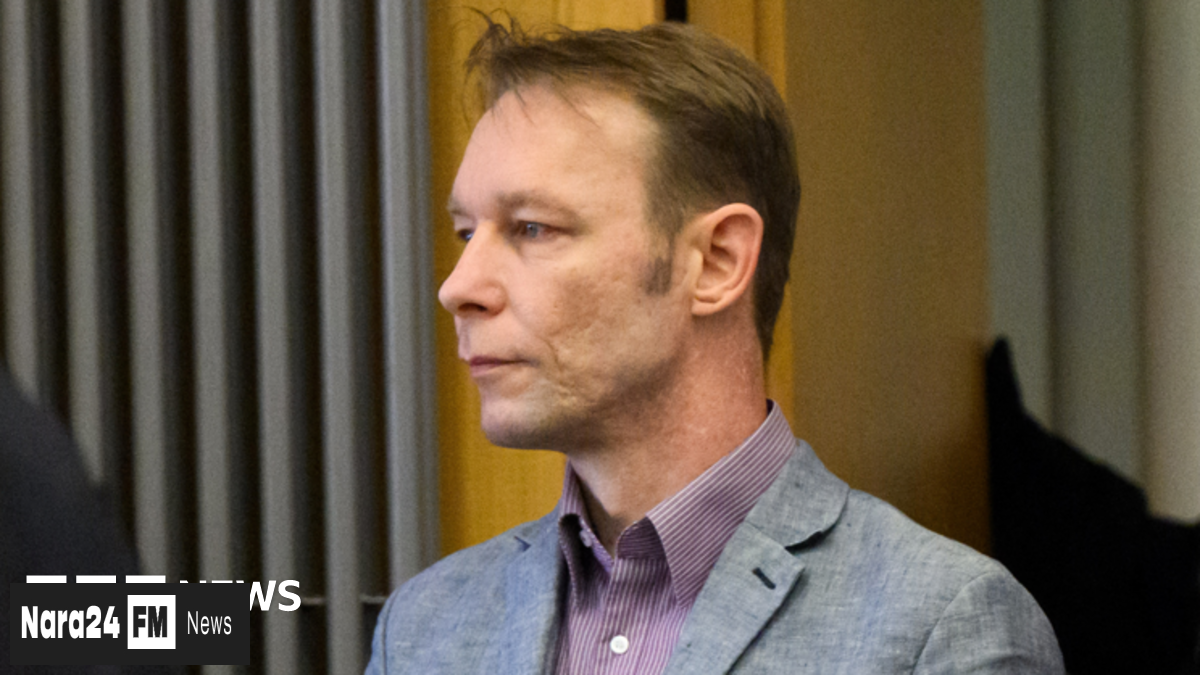Three men have been convicted of an arson attack on a London warehouse that was sending aid and critical equipment to Ukraine, acting on behalf of the Russian mercenary group Wagner. Jakeem Rose, 23, Ugnius Asmena, 20, and Nii Mensah, 23, were found guilty at the Old Bailey of aggravated arson with intent to endanger life following the blaze at the warehouse unit. The attack was masterminded by Dylan Earl, 20, and Jake Reeves, 23, who had previously pleaded guilty to aggravated arson on behalf of the Wagner Group, which has been designated as a terrorist organization by the UK government.
The fire, which caused approximately £1 million in damage, occurred at a warehouse in east London last year. A fourth man, Paul English, 61, was acquitted of any wrongdoing. Mensah and Rose were captured on CCTV and a livestream video on Mensah's phone as they set the warehouse ablaze. The livestream footage showed petrol being thrown onto the warehouse doors, igniting the fire. Eight fire crews, totaling 60 firefighters, were dispatched to the Cromwell Industrial Estate in Leyton shortly before midnight on March 20, 2024.
On the night of the attack, a lorry driver parked nearby bravely attempted to extinguish the fire but was unsuccessful. As the perpetrators fled, Rose dropped a large knife, which was later found to contain his DNA. Mensah subsequently messaged Reeves, stating, "L9 (Rose's nickname) left his Rambo at the scene."
The warehouse was specifically targeted due to its role in shipping humanitarian aid and goods to Ukraine, including Starlink satellite equipment, which is vital for Ukrainian troops. "It is evident that this was a targeted attack, given the warehouse's connection to Ukraine through the shipment of aid and other goods," said David Cawthorne, unit head of the Crown Prosecution Service's counter-terrorism division.
During the trial, it was revealed that Earl had contacted a member of the Wagner Group on Telegram, expressing his eagerness to carry out a series of "missions," with the warehouse fire being the first. Further plots were uncovered, including planned arson attacks on a restaurant and wine shop in Mayfair, west London, as well as a scheme to kidnap the owner, Russian dissident Evgeny Chichvarkin. Chichvarkin, described in court as a "high-profile Russian dissident and refugee," has been vocal in his criticism of President Vladimir Putin and the war in Ukraine. His two Mayfair businesses employed 200 people and were valued at over £30 million.
Earl became the first person convicted under the National Security Act, enacted by Parliament in 2023 to address heightened risks of hostile state activity. A fifth man, Ashton Evans, was found guilty of failing to disclose information about terrorist acts but was cleared of not informing authorities about the warehouse arson. A sixth man, Dmitrijus Paulauskas, was found not guilty of failing to disclose information about terrorist acts.
"This case illustrates how an organization linked to the Russian state employed 'proxies,' in this instance, British men, to carry out serious criminal activities in this country on their behalf," stated Commander Dominic Murphy, head of the Met's Counter Terrorism Command. "I hope these convictions serve as a stark warning of the severe consequences of committing offenses on behalf of a foreign country."









Comments (0)
Leave a Comment
Be the first to comment on this article!